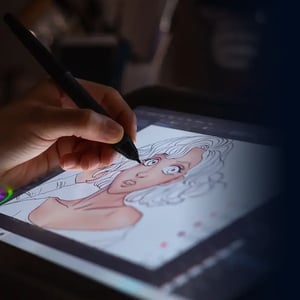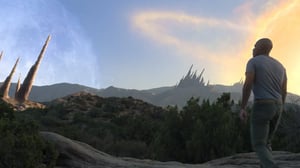
Digital Compositing Essentials
Learn digital compositing for beginners with Nuke taught by VFX experts
Discover the Fundamentals of Digital Compositing
This course provides the foundational skills and tools to excel in the visual effects industry. Through hands-on training in Nuke, students master techniques like rotoscoping, keying, color correction, and integrating green screen footage with digital assets to create stunning VFX shots.
Course Highlights:
- Core Skills: Learn essential techniques using industry-standard tools in Nuke.
- Practical Outcomes: Tackle real-world compositing challenges to build expertise.
- Mentorship from Experts: Receive feedback from experienced VFX professionals.
- Portfolio Development: Create professional-quality projects to launch your career in visual effects.
Mentorship from industry experts ensures guidance tailored to real-world workflows, while portfolio-building projects prepare students to showcase their skills and take the first steps in their VFX careers.

Master Your Skills. Master Your Future.
Whether straight out of high school, changing careers, or upgrading skills, our career-focused effects courses help you build practical job skills that are required in the industry.
Everything You Need To Know
 Qualification
Industry certificate
Qualification
Industry certificate
 Study Load
Study Load
20hrs/week
 Program Length
Program Length
3 months
 Delivery Mode
Online live classes
Delivery Mode
Online live classesCustom video lectures
Personalised mentor feedback
 Skill Level
Skill Level
Beginner
No entry requirements
 Start Dates
Start Dates

Your pathway to the film and games industry
This short course is equivalent to term one of the Foundations course. On completion of the Essentials course, if you decide to progress further with your studies, you'll enroll straight into term two of the corresponding Foundations course which means you'll already be one-third of the way through your studies! Continue your learning journey towards an exciting career in the industry by enrolling into the Foundations Career Track.

Want to take your education higher?
Did you know that the subjects you complete in the career track courses can be used to apply for credit toward our accredited degrees and diplomas in the same discipline?
The skills and knowledge you build in any industry-certificate course can be transferred into academic credits through our Advanced Standing and Credit Transfer process. So, if you decide to take your studies to the next level, know that your prior learning will be recognized.
Compare your options and find out which course is right for you.
Foundations 1: Essentials of Digital Compositing
Learn Nuke compositing essentials and get the hang of using professional workflows and tools. Master Nuke’s user interface and start experimenting with complex rotoscoping techniques (a fundamental aspect of VFX compositing). Next, you’ll jump into green screen keying and find out how to integrate different elements into live-action footage. Put your new knowledge into practice by building several VFX shot's from scratch for your portfolio.
*This short course is equivalent to the first term of the Digital Compositing Foundations course. If you continue your learning journey, you'll be eligible to join the Foundations course from Term 2 onwards.
- Compositing basics
- How to use the Nuke interface
- Rotoscoping and color keying
- Adding VFX elements to a live-action shot
- Seamlessly integrating digital backgrounds
- Introduction to VFX Compositing and Breaking Down a Shot
- Common Nuke Tools
- Introduction to Rotoscoping & Tracking
- Intro to Live Action & CG Compositing
- Rotoscoping Explained
- Squib Hits & Muzzle Flashes
- Color Keying 101
- Color & Light: Otherworld Planet Project 01
- Color & Light: Otherworld Planet Project 02
- Greenscreen Driving Comp
- Alien Invasion 01
- Alien Invasion 02
Download the Course Guide
Your creative journey begins here! Download our comprehensive course guide and discover the exciting educational opportunities that await you.Group Class
$1,222 USD/mo4 students max class size
Students are assigned mentor
Group interaction & collaboration
Private 1:1
$1,711 USD/moPrivate dedicated mentor
Students choose their mentor
More dedicated time per week
Don't Put Your Future On Hold
Financing shouldn't stand in the way of pursuing your dream career. No matter where you are in your creative learning journey, our financing options have been designed with you in mind.Get The Education Your Deserve
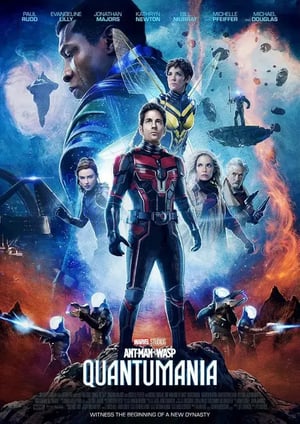
"My only regret is that I didn't do it sooner!
I found the experience to be very beneficial. My mentor helped me accelerate my learning with our weekly meetings. Once I completed the course, I was left with great portfolio pieces for my showreel and given free ongoing help from a Career Development Manager, who helped me polish my resume and LinkedIn profile to help kickstart my career. "

Reed Y | Visual Effects

"The flexibility and online approach really worked for me.
Having a mentor who works in the industry facilitated both guidance and support in the weekly submissions. Their critiques guided my skill set and put me in front of the competition by helping me learn to troubleshoot from my mistakes. "

Vince B | Visual Effects
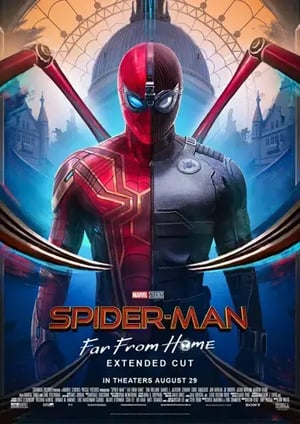
"I went from knowing nothing about FX, to receiving job offers within 6 months of study with CG Spectrum!
I was blown away by the level of personal interaction the 1-on-1 mentorship provides. Having a direct line to an industry veteran as my mentor has been an invaluable resource and has taken my rate of learning to the next level.

Kristian K | Visual Effects

"CG Spectrum is my ideal way of learning.
With mentors active in the industry keeping you on track with industry-proven skills and workflows, you know you're not wasting your time. You get what you put into this course and there isn't such thing as being too keen. I couldn't be happier with the progress and skills I've gained since starting."

Ben N | Visual Effects

"Hands down the best decision I've made for my career.
The learning material and staff were great, and having an industry mentor was an invaluable asset that really helped me get my break in the VFX industry."

Alan R | Visual Effects
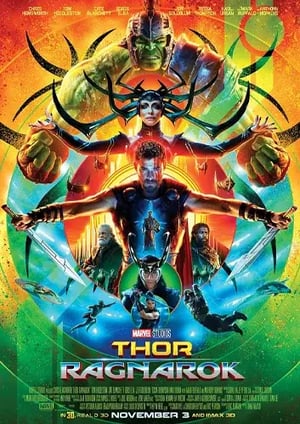
"I’m not only learning the essentials of VFX but also key networking tips from my mentor.
I started CG Spectrum with no experience in visual effects. In my opinion, the education with CG Spectrum is the closest to giving me actual industry experience since I’m working alongside an industry vet while being taught the fundamentals of my trade. I can comfortably say I have more of a "peer to peer" relationship rather than "teacher to student", making it really easy to share my work and expect solid criticism."

Subhan A | Visual Effects
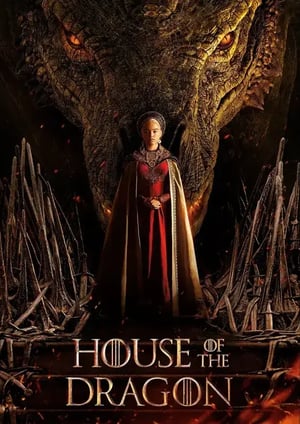
"The CG Spectrum training solidified my skills using Unreal Engine.
Having used it briefly before, and feeling overwhelmed by how big the range is of what you can do using the engine, the training taught me the areas I would need for virtual production very well. I now feel confident with the skills I have gained."

Simran M | Real-Time 3D & Virtual Production
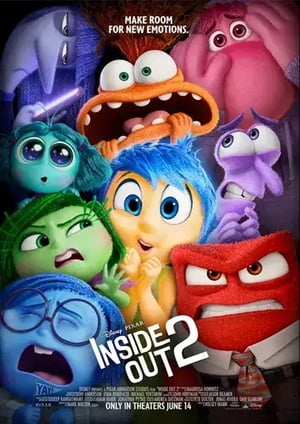
"CG Spectrum seemed too good to be true. Looking back, it was the best decision.
Every mentor and staff member has been so hands-on and directly involved in my learning. Co-Directors of top box office movies and supervisors of major Netflix TV shows are giving me feedback on my projects. Students also have access to a strong community, and an awesome career class to prepare you for your dream job."

Stephanie S | 3D Modeling
Learn Directly From Film & Game Mentors
To be the best, it helps to learn from the best. All digital compositing classes are taught by professional VFX artists with years of experience.
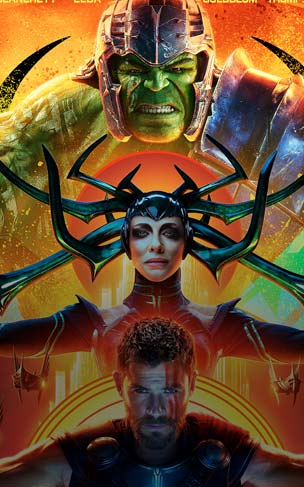

Sean Amlaner
Sean's worked at Walt Disney Animation, Technicolor VFX, and Sony on 100+ films and TV projects. Credits: Star Trek: Picard, Star Wars: The Rise of Skywalker, Avengers: Infinity War.
Known for Thor: Ragnarok


Genevieve Camilleri
Gen is an Oscar-nominated VFX Supervisor & Compositor who has worked at ILM, Mill Film, and Animal Logic. Credits: Love and Monsters, Doctor Strange, Star Wars: The Force Awakens and Mad Max: ...
Known for Love and Monsters


Brittany Piacente
Brittany has 50+ film & TV credits to her name including three Star Wars films, Guardians of the Galaxy Vol. 2, Black Panther, Mad Max: Fury Road, Blade Runner 2049.
Known for Loki
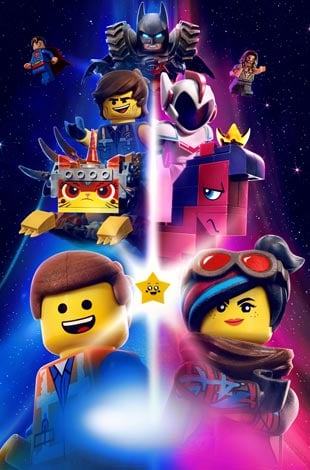

Jai Kenway
With a background in compositing, design, motion graphics, animation and 3D, Jai's work can be seen in Ant-Man and Wasp, Thor: Ragnarok, and Spider-Man: Homecoming.
Known for The Lego Movie 2: The Second Part


Josh Parks
Based in London, Josh has worked at MPC, ILM, and Double Negative on films like Jurassic World: Fallen Kingdom, Ready Player One, The Jungle Book, The Martian, and Spectre.
Known for Jurassic World: Fallen Kingdom
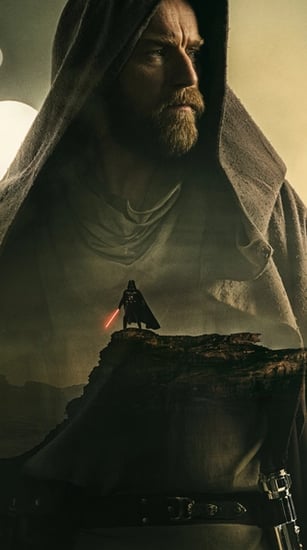

Tim Parsons
Known for Obi-Wan Kenobi


Azra Alkan
Azra is an award-winning Compositing Supervisor and Realtime Artist who works across film and games. She is currently working at Zoic Studios in Los Angeles.
Known for The Flash


Joel Delle-Vergin
Since scoring his first compositing role on Iron Man 2 for Double Negative, Joel's been nominated for two VES awards and worked as an Additional VFX Supervisor for The Mandalorian.
Known for The Mandalorian


Romina Rabti Zolpirani
Known for Marvel v Capcom: Infinite
Get The Education Your Deserve
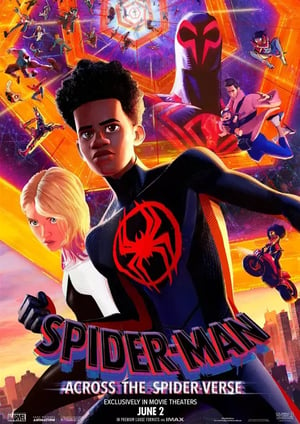
"One of the best decisions I've ever made for my career.
I've learned and grown so much throughout this program and I loved the resources in the CG Spectrum community, such as finding new job opportunities and meeting other students and mentors. I took advantage of everything CG Spectrum had to offer and as a result, I landed my dream job at my dream company (Dreamworks). Thank you CG Spectrum!"

Tiffany L | 3D Animation
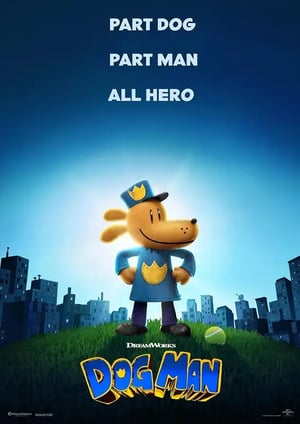
"The career program was invaluable!
I knew changing careers would have included things such as resumes, applications, networking, etc. The biggest thing I needed to understand was the nuances of the animation industry, etiquette for approaching recruiters, and what type of roles there were. These sessions really helped guide me, and explained how to approach my showreel and the subsequent application processes."

James B | 3D Animation

"I’d take the course again if I could!
I can’t praise CG Spectrum enough for the quality of teaching and dedication to their students. Mark was by far the best mentor I’ve ever had. He really took the time to help design the course around what it is that I wanted to get out of it. I’ve studied other animation courses in the past, but none even come close to the depth and speed of development as CG Spectrum."

Ned C | 3D Animation
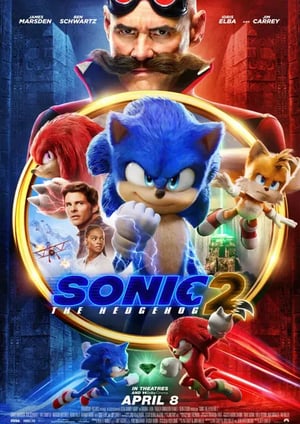
"To better understand the industry, I enrolled at CG Spectrum.
There I was able to create a demo reel and build connections with professionals that ultimately led me to my first opportunity as an animator at Sony Imageworks. I have to give a HUGE shout-out to CG Spectrum’s Career Development Manager. She was the person who guided me through the entire application process. I honestly believe I would not have gotten this opportunity without her help."

Jasmeet S | 3D Animation

"CG Spectrum has been an instrumental part of my growth.
CG Spectrum has helped me sharpen my skills, acquire new ones and strengthen my character animation abilities. This is an invaluable experience for anyone looking to take their skills to the next level."

Phil M | 3D Animation

"It's been extremely helpful for my portfolio and my confidence as an artist!
I've learned so much about not only animation, but the thought process an artist goes through when creating a piece."

Shravani K | 3D Animation
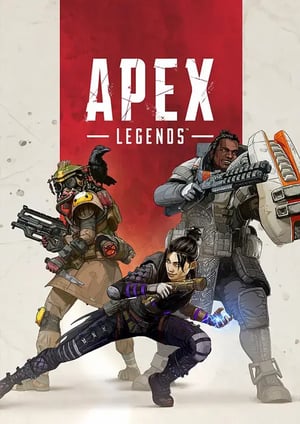
"Getting access to industry mentors is huge.
There's a world of information out there, but nothing compared to talking to someone in the know. CG Spectrum was one of those places. I really liked the 1-on-1 format. It was the first time I had an experienced animator open my scene file. It was what I needed to get over some technical hurdles."

Kyle D | 3D Animation
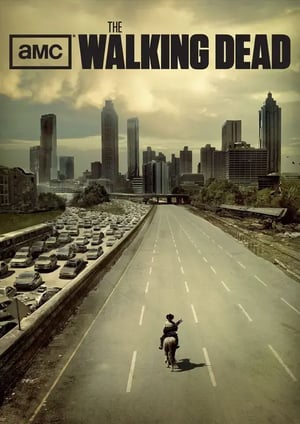
"I learned more in 9 months than other students do in 2 years.
The level of education I have received is unlike any other school I've come across. What separates CG Spectrum from other schools is that the mentors are not only talented professionals in their own right, but they also care about your success as an artist both in school and after you graduate. CG Spectrum is incredible, I cannot recommend it enough."

David N | 3D Animation
Join Our Alumni at World Class Studios
Our mission is to train highly skilled graduates ensuring they are prepared for a successful career. Take the first step towards joining our alumni at world-class studios creating work that inspires.











Questions? We Have Answers
Age Minimum
The general minimum age to be able to enroll in our industry certificate courses is 16. We require parent or guardian consent during the enrollment process for applicants under 18.
Students under 16 will require a further assessment before they can officially enrol. This may include an interview with a course advisor and the creation of a study plan to ensure they have considered how they will manage a college-level workload.
English Proficiency
We expect our students to have a good understanding of written and spoken English. There’s no specific ’level'; however, you must be able to understand video tutorials in English (no subtitles) and speak with your mentor in English during your live Q&A session.
Computer Literacy
To be successful in this program, you will need basic computer skills and a computer that meets the minimum specifications (see next question). Some previous knowledge of 3D software would also be beneficial.
This short compositing course will get started on your journey, but in a competitive industry, continuing your studies with the more comprehensive Digital Compositing Foundations will better prepare you for a job in the industry and help increase your employment opportunities.
The course covers more complex techniques and includes an entire term dedicated to career development and portfolio preparation to get you industry-ready.
Some of the junior VFX compositing jobs you could pursue after completing the full study pathway include:
Discover more VFX jobs, tips, and salary expectations on our careers page:
This short course will get you started on your creative journey, but in a competitive industry, we advise continuing your studies with the full career track.
The FX career track includes the FX Foundations and FX Artist Specialization (available early 2025). It is designed to better prepare you for a job in the industry and help increase your employment opportunities.
The career track ensures you build strong foundational skills before moving on to more complex techniques and workflows. You will also dedicate time to career development and preparing a polished portfolio while you gain invaluable industry insights.
Some of the junior FX jobs you could pursue after completing the full study pathway include:
Discover more VFX jobs, tips, and salary expectations on our careers page:
Looking For Something Else?
Check out our full range of courses with study options for all skill levels, from short introductory courses, specialized industry tracks and accredited degrees and diplomas
